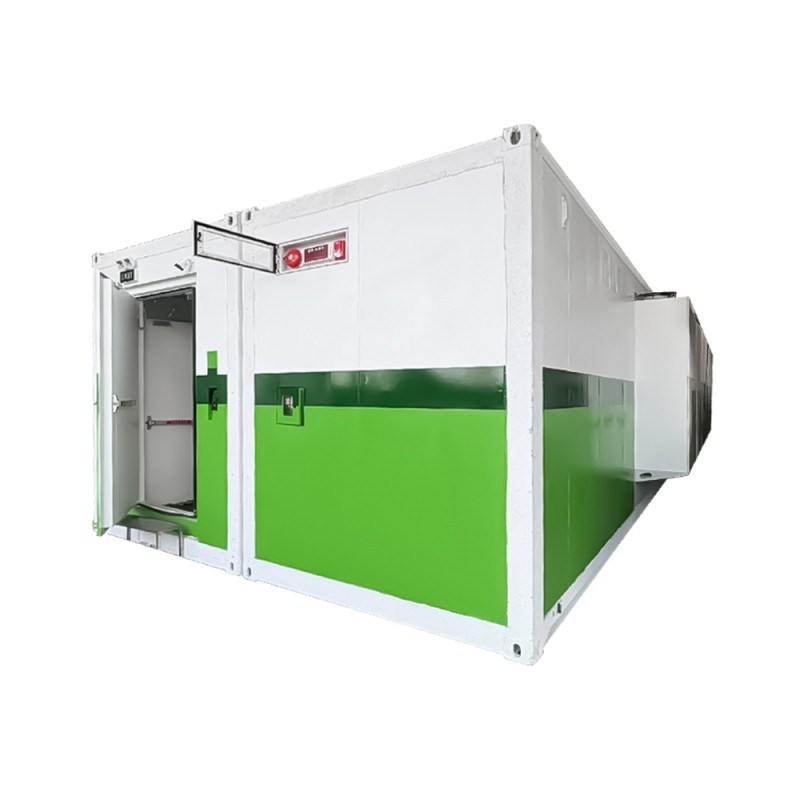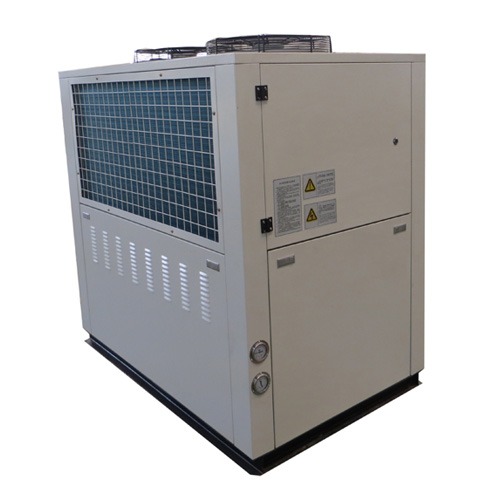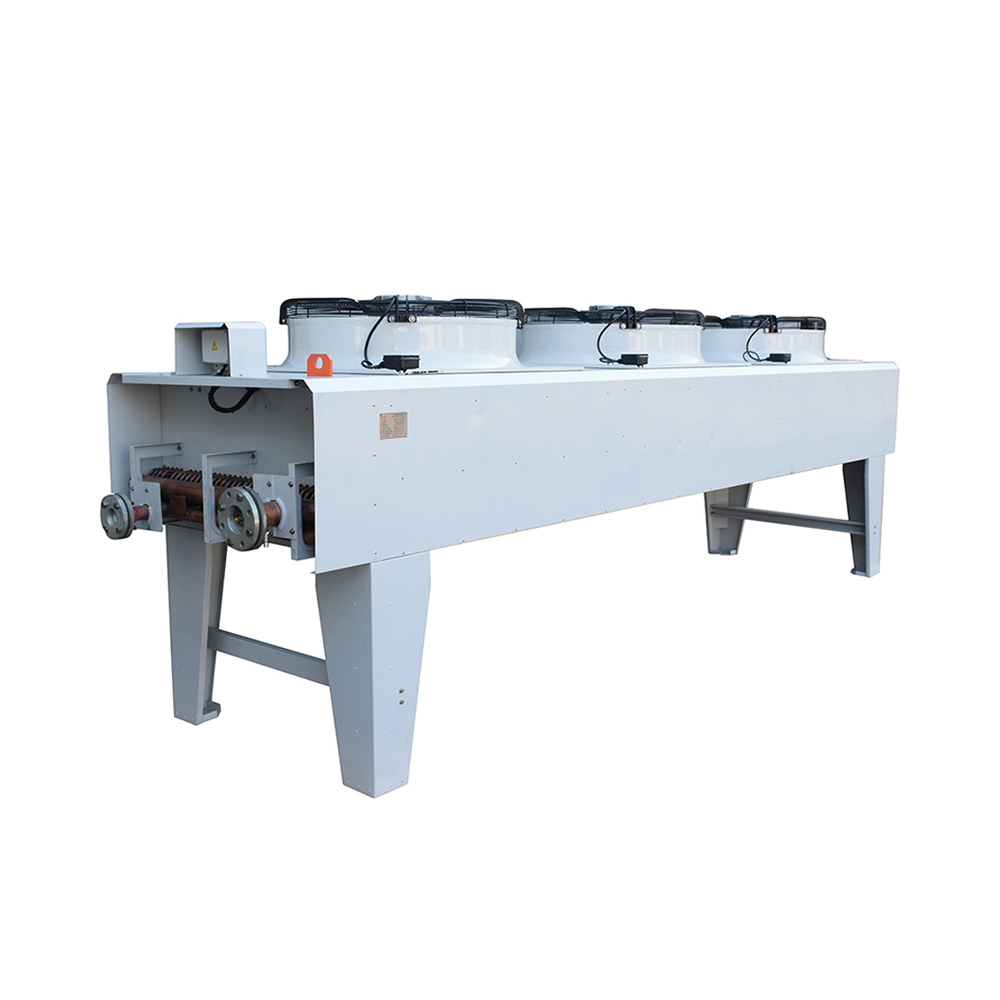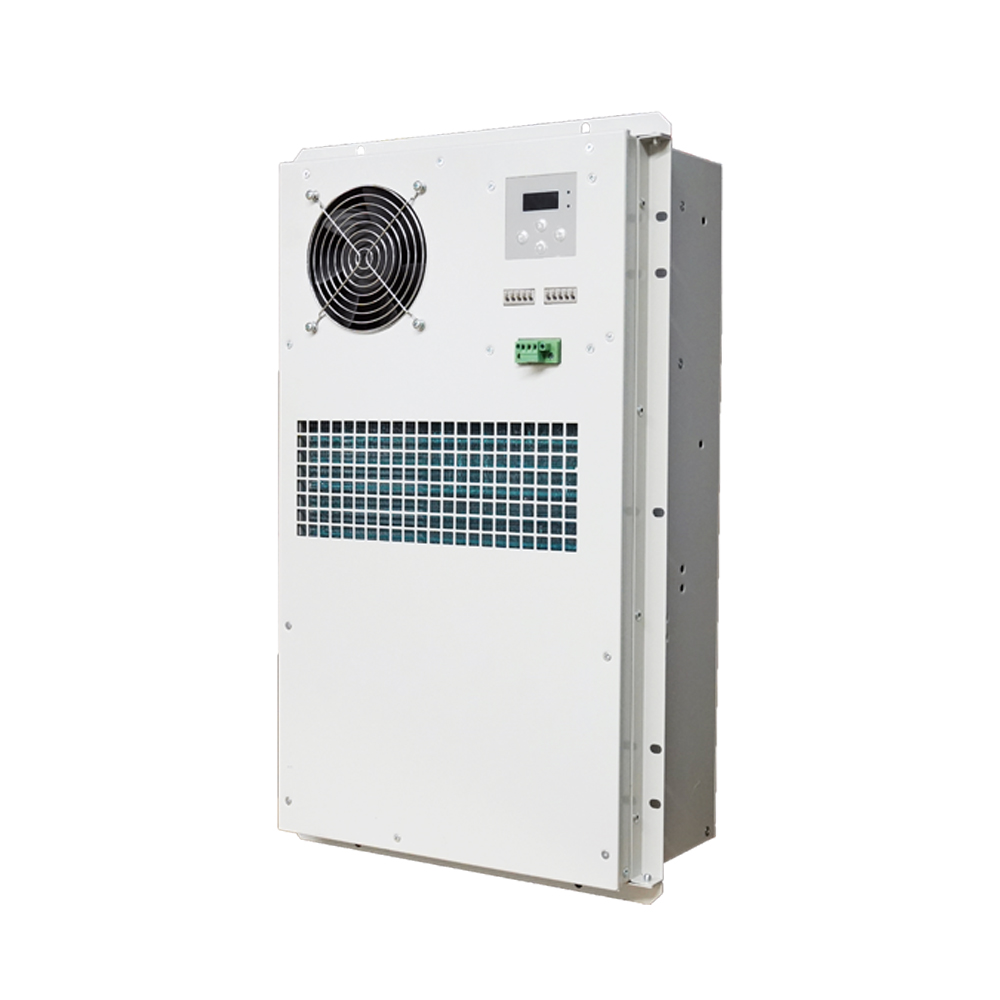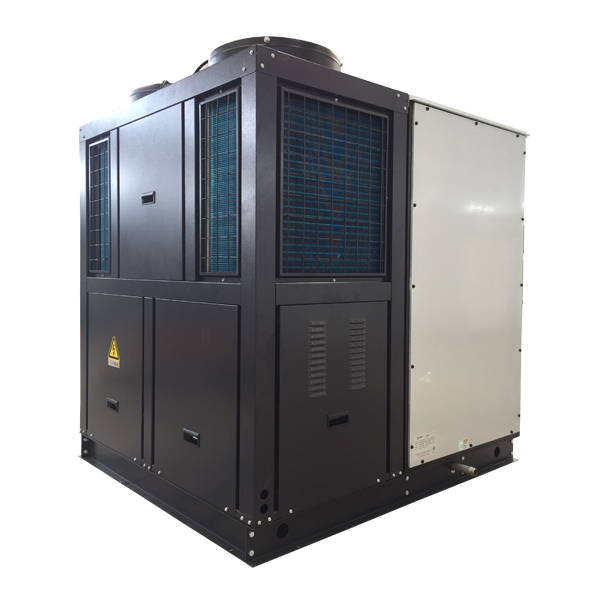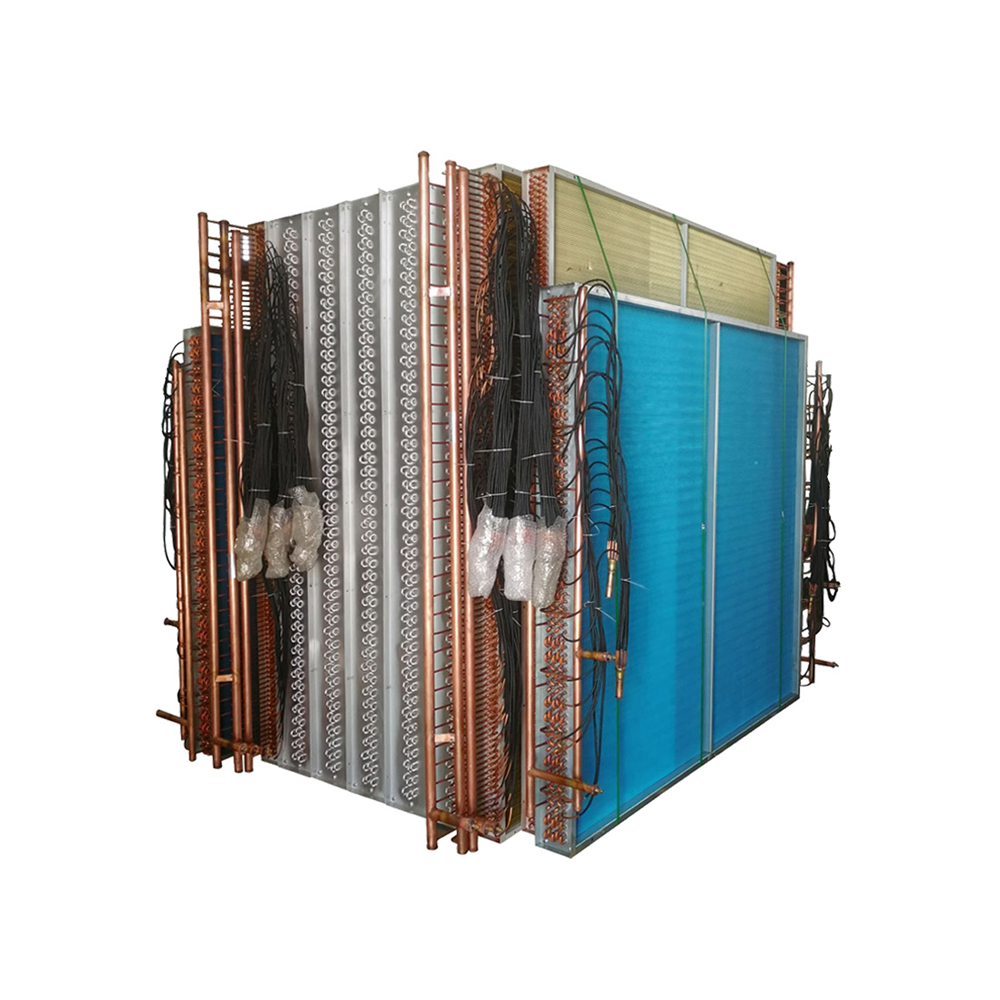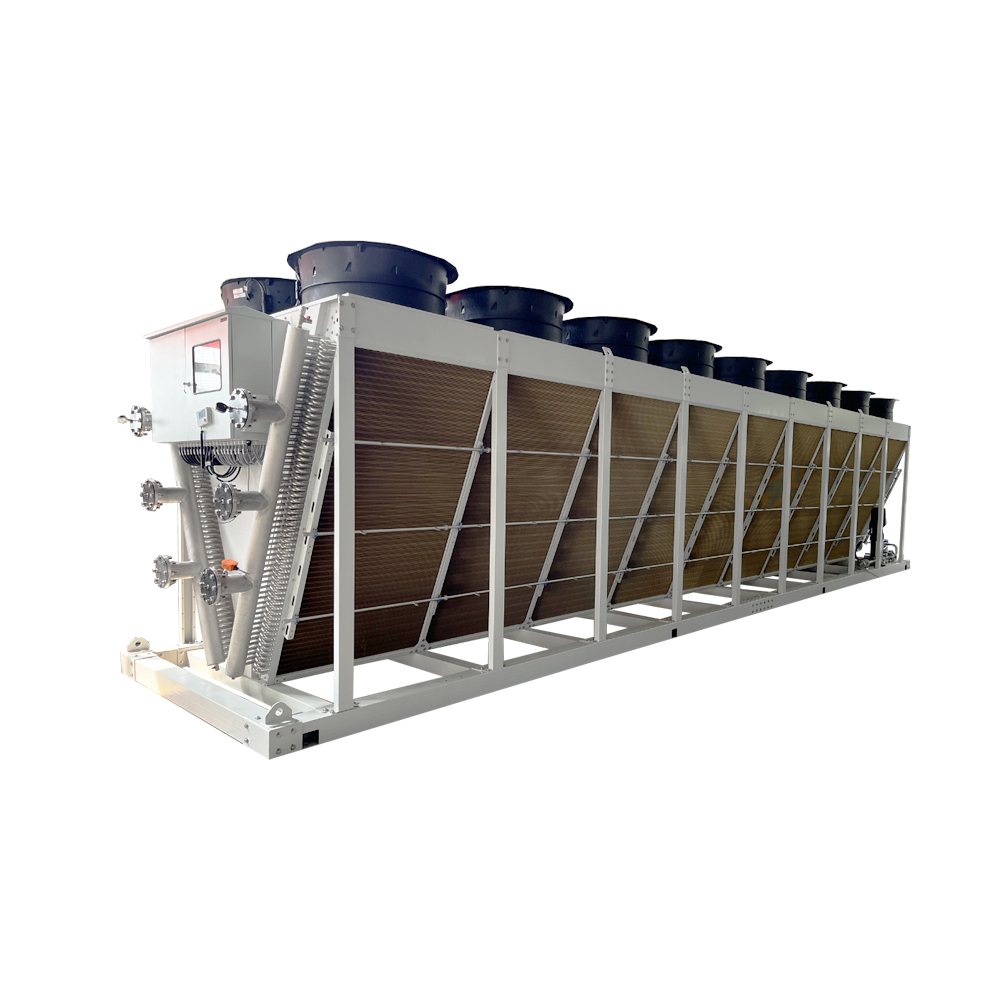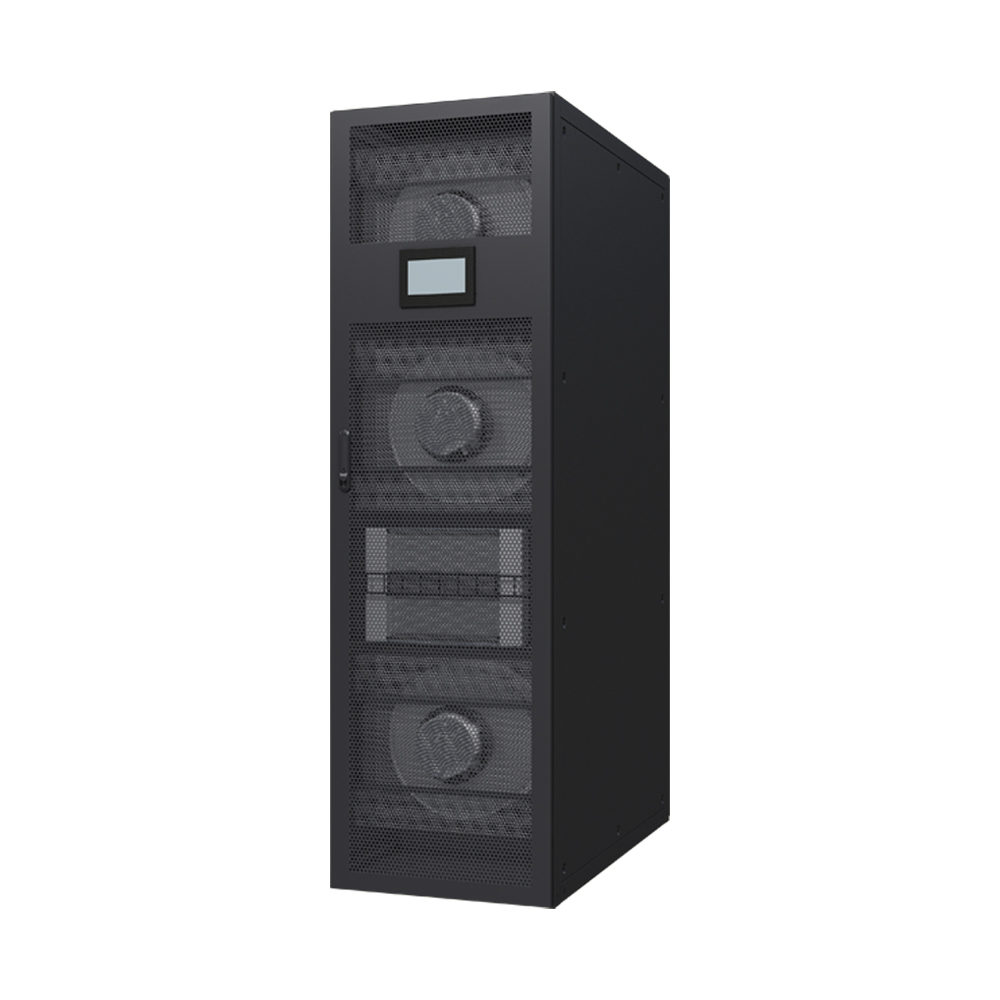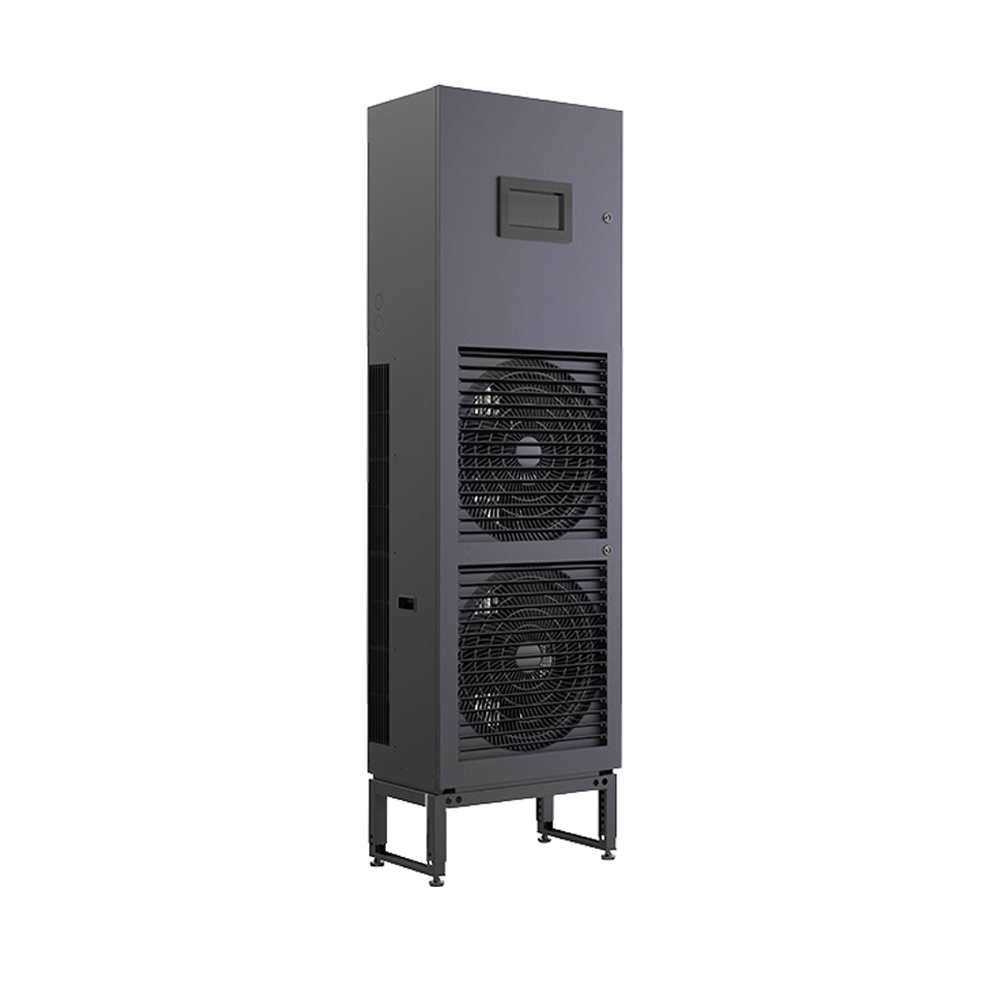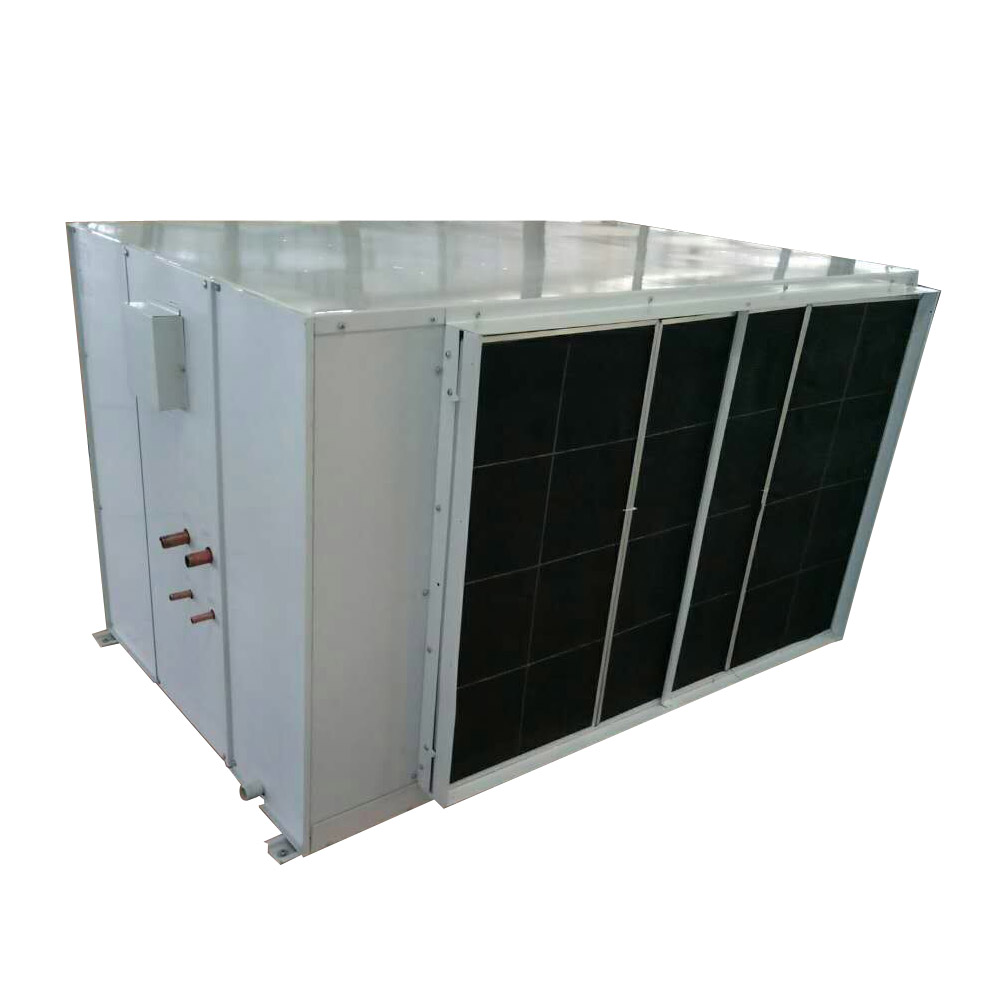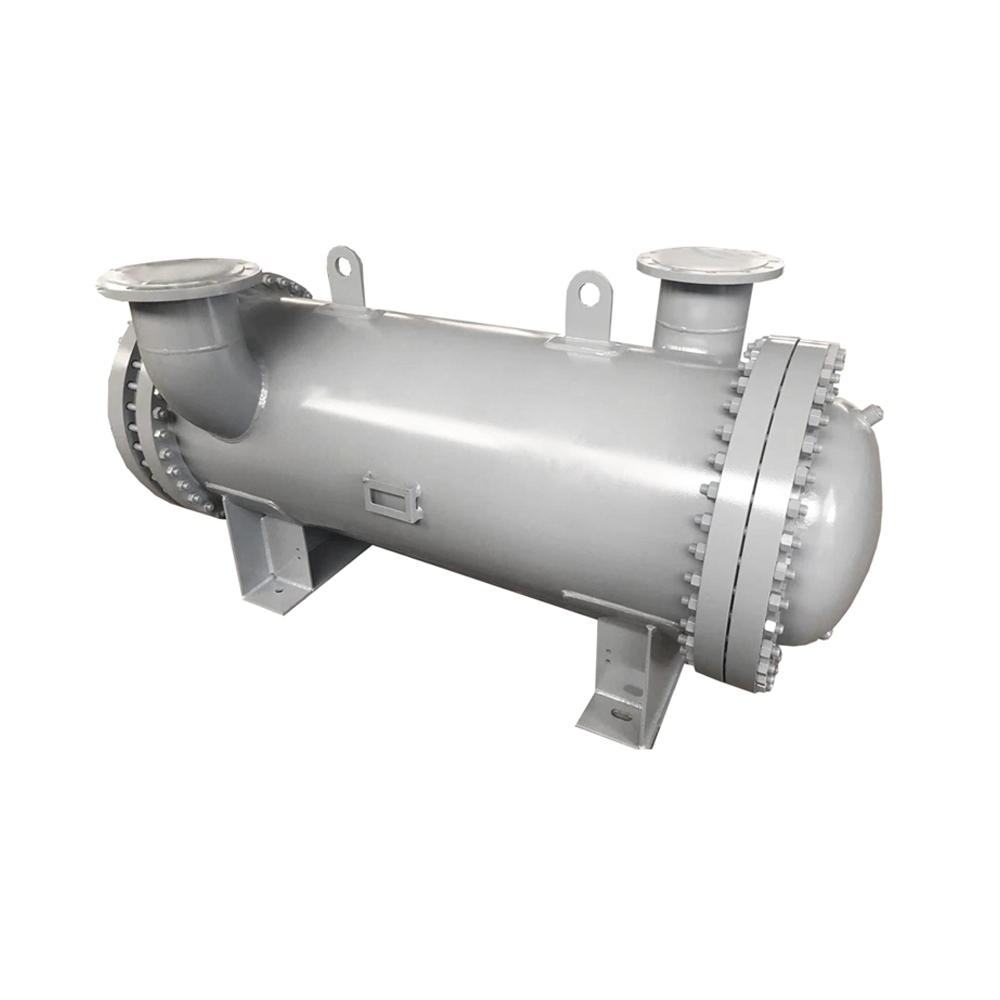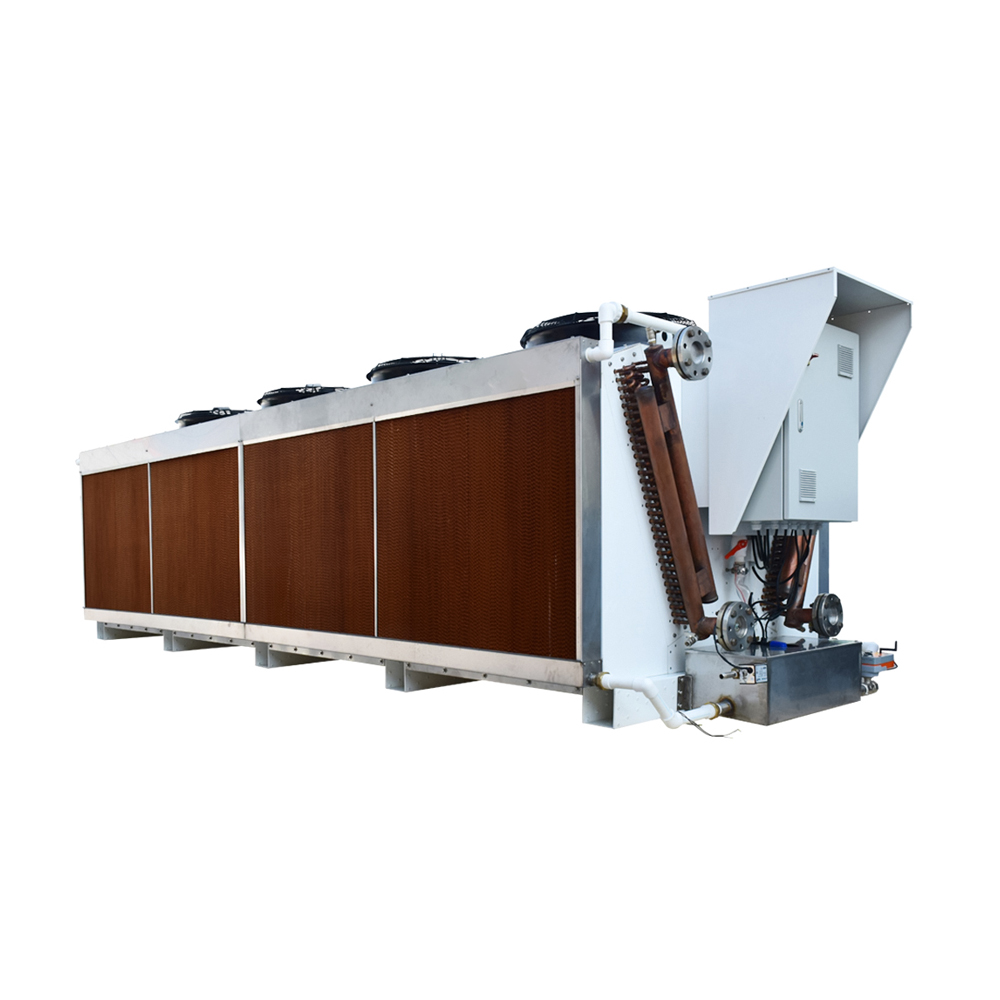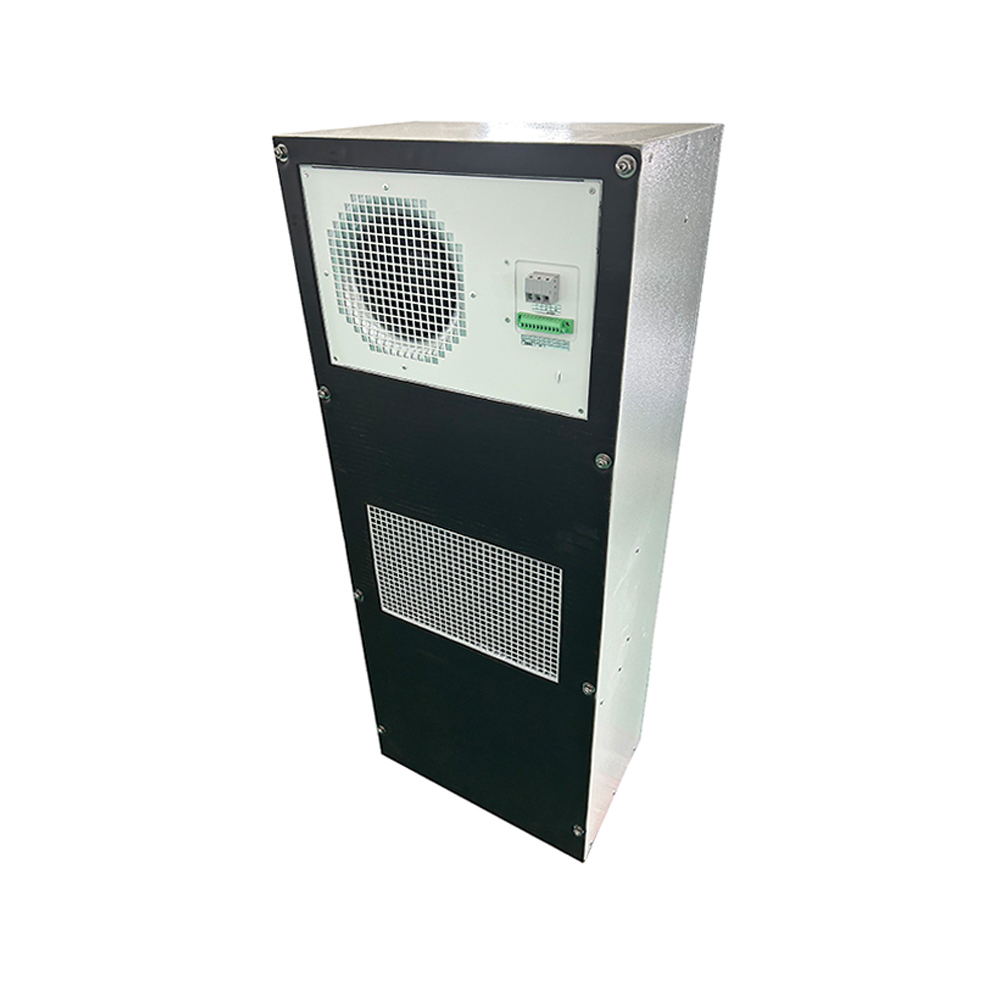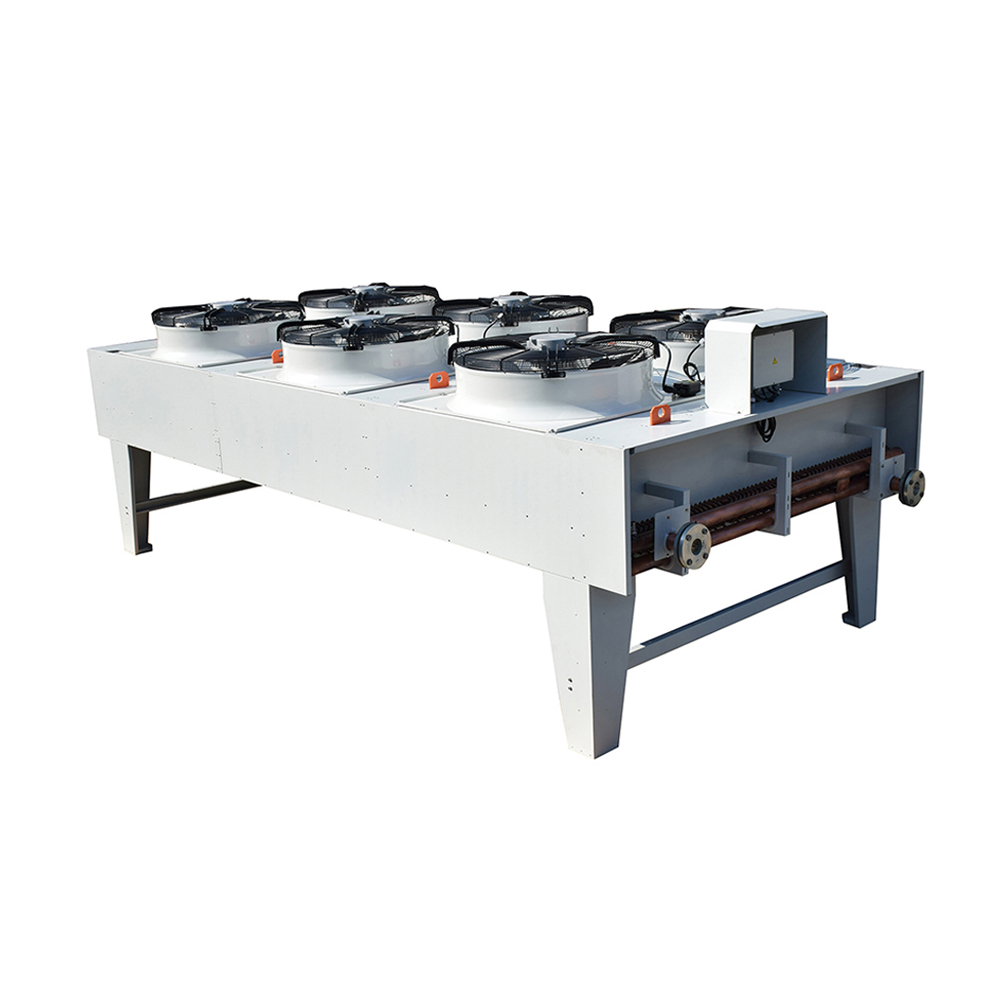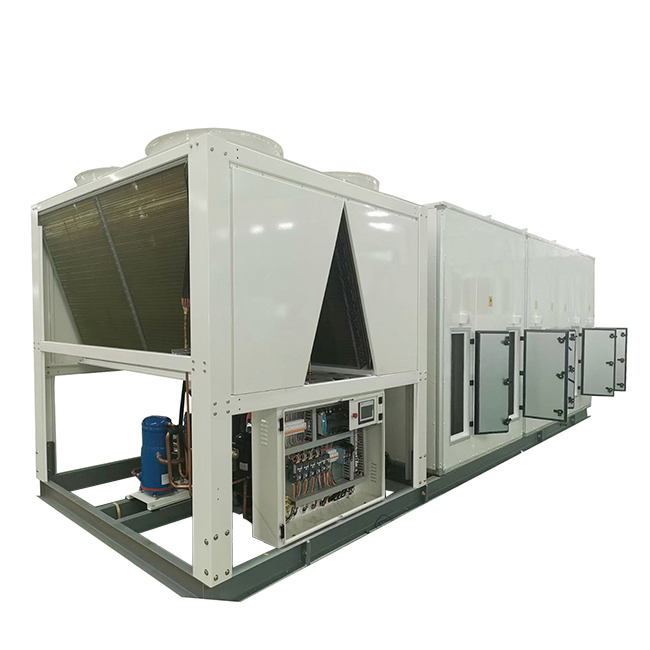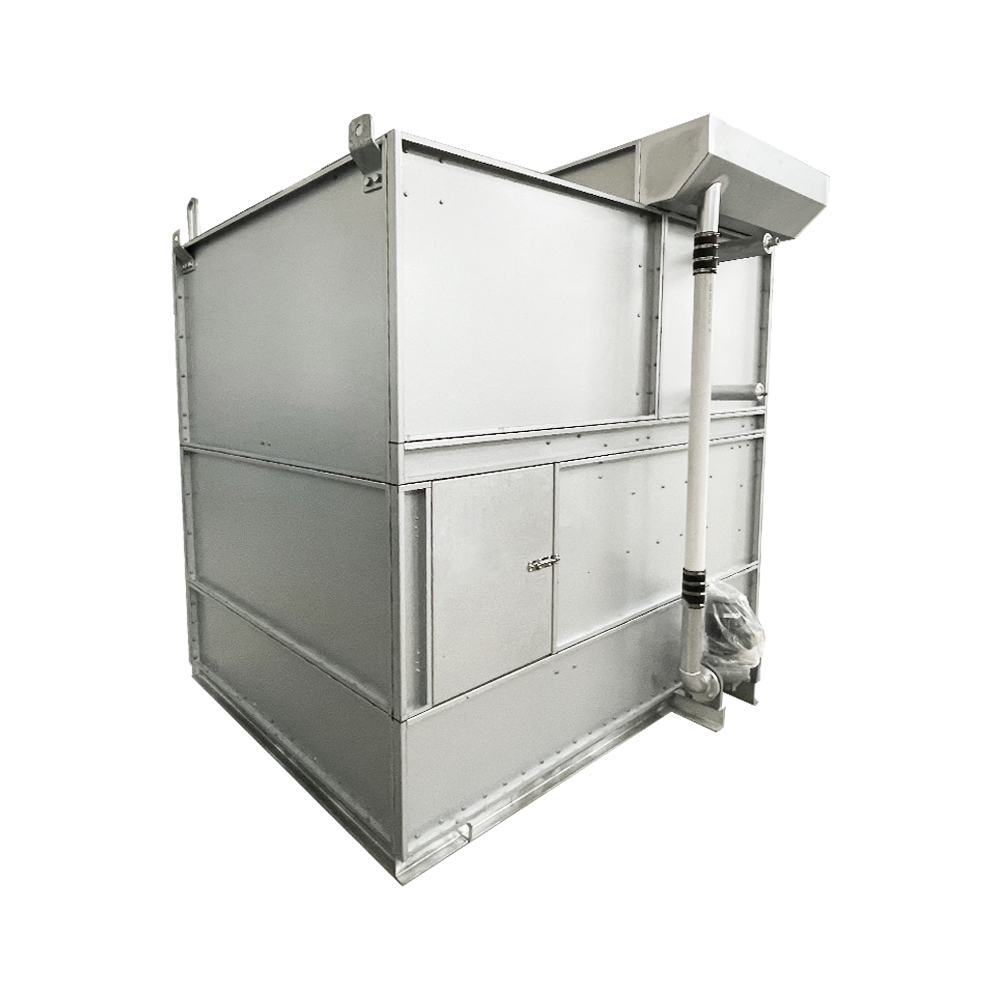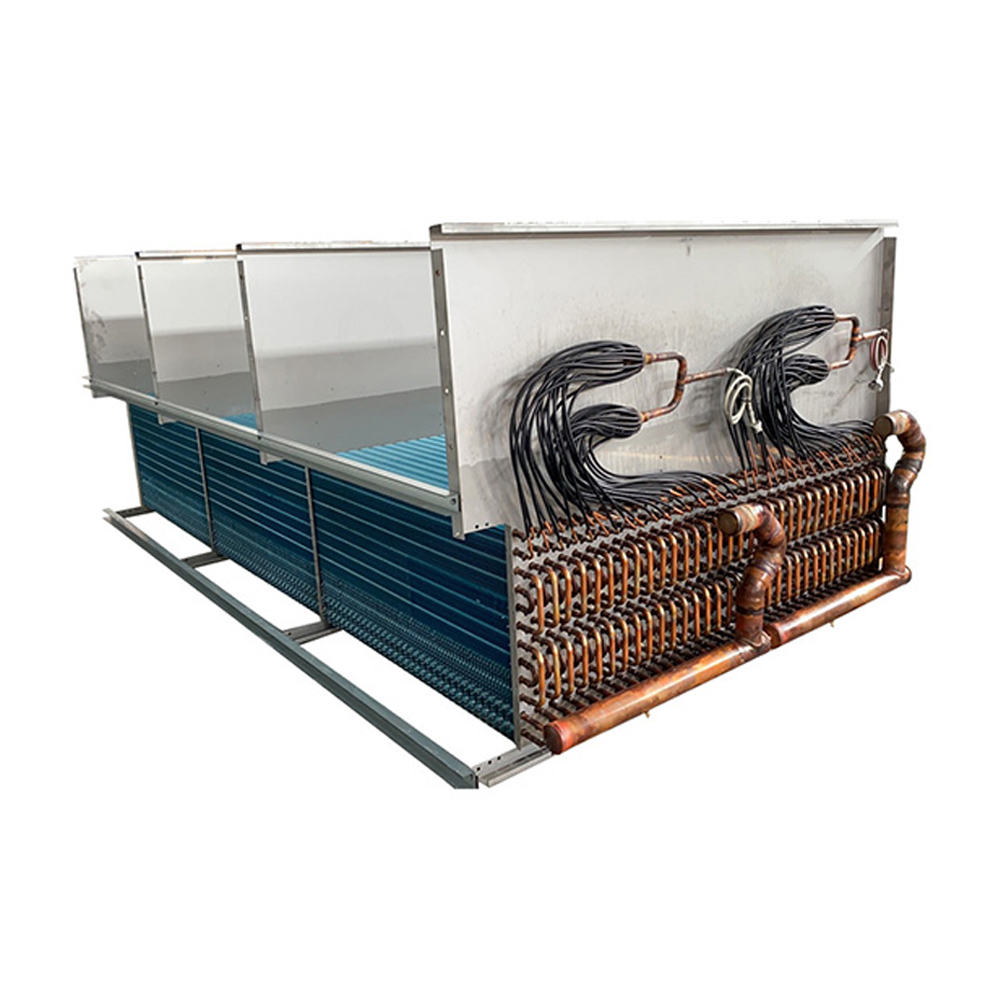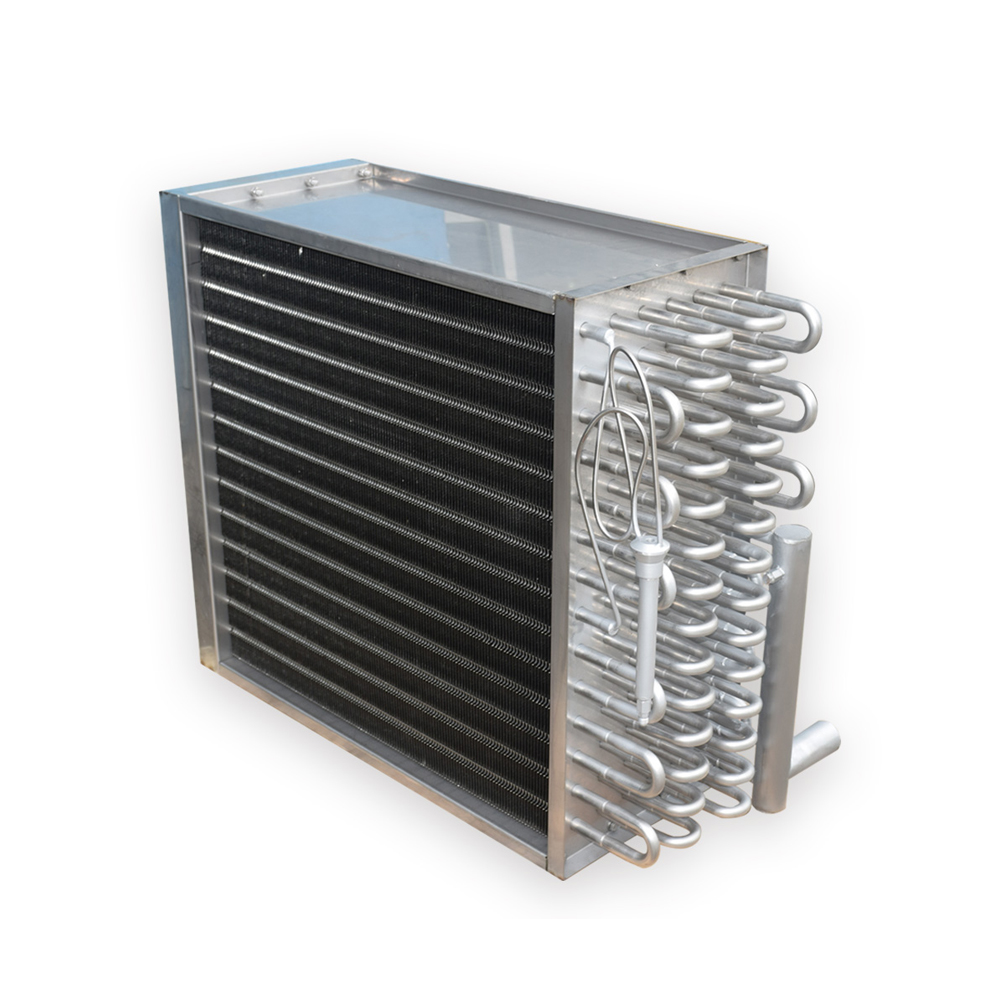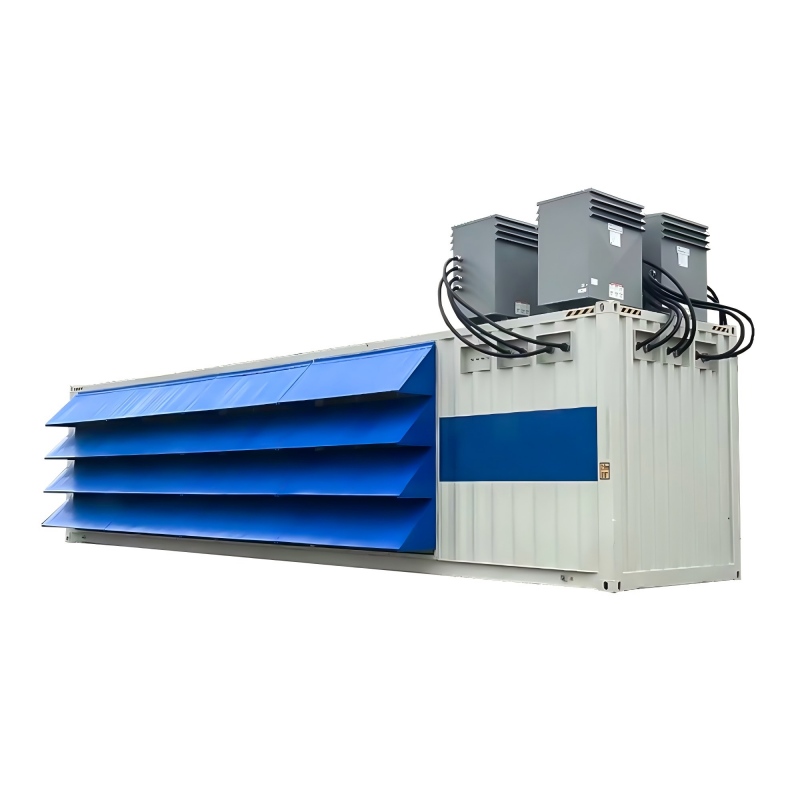Counter flow cooling towers are a crucial component in many industrial and commercial cooling systems. Understanding their operation and selection is key to efficient and effective cooling. This guide delves into the intricacies of counter flow cooling towers, providing valuable insights for engineers, facility managers, and anyone interested in optimizing cooling processes.
How Counter Flow Cooling Towers Work
In a counter flow cooling tower, the warm water flows downwards, while the cooling air flows upwards. This counter-current flow maximizes heat transfer efficiency compared to other configurations. The warm water is distributed over a fill media, increasing surface area for evaporation. As the air passes through the fill, it absorbs heat from the water, causing evaporation and cooling the water. The cooled water is then collected at the bottom for reuse in the cooling system. The evaporated water is expelled as moisture-laden air.
Types of Counter Flow Cooling Towers
Counter flow cooling towers come in various sizes and designs, each suited for specific applications. Some common types include:
Induced Draft Counter Flow Cooling Towers
These towers utilize a fan located at the top to draw air upwards through the fill media. This design is often preferred for its higher cooling efficiency and lower noise levels.
Forced Draft Counter Flow Cooling Towers
In forced draft towers, the fan is positioned at the bottom, forcing air upwards through the fill. This design is often more compact and easier to maintain but can be noisier.
Closed Circuit Counter Flow Cooling Towers
Unlike open circuit towers, closed circuit towers prevent water from evaporating, reducing water loss and minimizing the potential for scaling and corrosion. However, they generally have lower cooling efficiency compared to open circuit designs.
Advantages and Disadvantages of Counter Flow Cooling Towers
Choosing the right cooling tower depends on various factors. Here's a comparison table highlighting the advantages and disadvantages of counter flow cooling towers:
| Feature | Advantage | Disadvantage |
| Heat Transfer Efficiency | High efficiency due to counter-current flow. | Can be slightly less efficient than crossflow in some conditions. |
| Water Consumption | Relatively low water consumption compared to other types. | Still requires water makeup to compensate for evaporation. |
| Maintenance | Generally low maintenance requirements. | Regular cleaning and inspection are necessary. |
| Space Requirements | Can be designed to fit various spaces. | Can require significant floor space, depending on capacity. |
Selecting the Right Counter Flow Cooling Tower
Several factors influence the selection of a counter flow cooling tower, including cooling capacity, water temperature, ambient conditions, and available space. Consulting with experienced cooling tower specialists is highly recommended to ensure optimal system design.
Maintenance and Operation of Counter Flow Cooling Towers
Regular maintenance is crucial for maximizing the lifespan and efficiency of a counter flow cooling tower. This includes regular cleaning of the fill media, inspection of the fan and motor, and monitoring of water chemistry. Proper maintenance practices can prevent costly repairs and downtime.
For high-quality counter flow cooling towers and expert consultation, consider contacting Shanghai SHENGLIN M&E Technology Co.,Ltd. They offer a range of solutions to meet diverse cooling needs. Their expertise ensures efficient and reliable cooling systems.
Conclusion
Counter flow cooling towers are vital components in industrial and commercial cooling applications. Understanding their operation, advantages, disadvantages, and selection criteria is essential for effective cooling system management. By considering the factors discussed in this guide and utilizing the resources available from leading manufacturers like Shanghai SHENGLIN M&E Technology Co.,Ltd, you can ensure optimal cooling performance and efficiency.









